Stepping into Sheena Wellington’s cosy flat overlooking Dundee docks, I’m immediately struck by the sense of history in the air—not just the history of the city outside, but the living, breathing history sitting before me.
Sheena, the renowned traditional singer who is celebrating her 80th birthday, still exudes the warmth, wit, and energy that have defined her life.
“I’ve checked my birth certificate,” she says with a mischievous grin, “and I am actually 80!”
This refusal to slow down is evident as she discusses her busy schedule, juggling community work and cultural projects.
“When you came in, I was trying to work out the agenda for the AGM of the City Centre and Harbour Community Council, where I’m the secretary.
“I’m trying to give it up, but if it’s not one thing, it’s another…”
A life shaped by Dundee
Sheena’s story begins in Dundee, where she was born on August 29, 1944, in Temple Lane, just off the West Port.
“We moved to Annfield Road after my mother died when I was only about two,” she recalls.
Raised by a “committee” of family members – her granny, aunties – Sheena’s early life was marked by a strong sense of community.
“My father always said I was brought up by a committee and that’s why I look like a camel!” she laughs.
“But that’s one of the things I love about Dundee—nobody lets you get above yourself.”
Her childhood memories are steeped in Dundee’s industrial heritage, particularly the jute mills where many of the women in her family worked.
Her granny was determined young Sheena wasn’t going into the jute mills – not because she was clever, but actually, it was because she was clumsy.
“She was probably right!” laughs Sheena.
Despite the hardships, there was always music.
Her father, who had a “great voice”, sang semi-professionally and was popular at smokers.
The making of a singer
Sheena’s journey into the world of traditional Scottish music began modestly.
After a brief stint at teacher training college which she left because her “heart wasn’t in it” , she joined the Women’s Royal Naval Service, where she met her future husband, Malcolm.
“I thought I’d like to see a bit of the world, so I joined up,” she says. “It’s actually where I met Malcolm, so it had its compensations.”
Her love for music persisted throughout these years, attending folk clubs and performing small gigs whenever possible.
But it wasn’t until she and Malcolm bought a guest house in St Andrews that her musical career began to take off.
“We moved into Kerelaw on Playfair Terrace, and it was right around the corner from the St Andrews Folk Club. I started singing there regularly, and that’s where it all began.”
Sheena’s determination to promote traditional music led her to Radio Tay, where she campaigned for a folk music programme.
“I kept bombarding them, saying, ‘We need a folk programme!’ Eventually, they gave me a trial, and six weeks later, I was hosting Scotch Folk, which I did for eight years.”
This exposure led to her first album, recorded with Perthshire’s Dougie MacLean, and from there, her career blossomed, with invitations to festivals and performances across the globe.
A moment in history: The Scottish Parliament
Despite her growing success, Sheena’s most significant moment came in 1999 when she was invited to sing at the opening of the Scottish Parliament.
Singing Robert Burns’ “A Man’s A Man for A’ That” in front of an international audience, including the Queen, was a career-defining experience.
“It was an enormous honour,” she recalls, “but also terrifying. You’re aware it’s a moment of history, and you’ve got an international television audience. My legs weren’t even coming with me when I got up to sing.”
The significance of that day still resonates with her. “It was a moment. People still remember it, even young ones who weren’t alive at the time. They’ll say, ‘My mum says…’ or ‘My dad says…’ It’s incredible.”
The performance catapulted her into international recognition. She says it gave her “clout” – especially in Dundee and Fife.
But as always, she remained grounded. “Afterwards, in Dundee, I bumped into an old neighbour on Reform Street. She said to me, ‘I saw you on the television. I was that proud. Mind you, I didn’t like yer frock! But when you’re built like Sheena it’s hard to get anything that’ll look nice!’ It’s a very Scottish thing,” she laughs.
Reflections on family and loss
Family, as much as music, has been a cornerstone of Sheena’s life, though it has not been without loss.
Her son Michael, whom she describes with great affection, passed away five years ago.
“When you lose a child, it’s something that stays with you forever,” she says quietly. “But you carry on.”
Losing her mother when she was very young also had a profound impact.
“I was looked after by my granny and aunts, but I think there was something missing,” she reflects. “Then my dad died when I was in my early 20s. Maybe it made me a bit more independent.”
Despite these losses, Sheena’s love for music and her determination to keep the cultural heritage of Scotland alive has remained unwavering.
The Scots language and cultural preservation
As a passionate advocate for Scots language, Sheena has been instrumental in its preservation and promotion.
“When I was growing up, everyone spoke Scots, but at school, you were taught there was a way to speak at home and a way to speak at school.
“We were discouraged from using Scots in the classroom, but my granny always told me, ‘Never ever forget your ain guid Scotch tongue.’”
Today, she is heartened by the growing recognition of Scots as a language in its own right.
Dundee: A city close to Sheena’s heart
Dundee has always been central to Sheena’s identity.
“I think Dundee was the key factor in creating who I am,” says Sheena, who is a passionate Dundee United supporter.
“There’s something about Dundee—it’s always getting stepped on, but it always comes back. It’s a city with resilience, and I think that’s influenced me a lot.”
Her deep connection to Dundee is evident in her involvement with local projects, including the HMS Unicorn, one of the city’s historic ships.
“I’ve been going to the Unicorn since I was three years old,” she says fondly. “It’s a part of Dundee’s history, and I’m glad it’s being preserved.”
Looking out from her flat, she watches the construction of the Eden Project in Dundee with keen interest.
A legacy of song and story
At 80, Sheena shows no signs of slowing down. Whether it’s organising events at the Wighton Centre or reflecting on her career, she remains as passionate and engaged as ever.
Her influence on Scottish music and culture is undeniable, from her early days at folk clubs to that historic moment at the Scottish Parliament.
Yet, for all her accomplishments, she remains humble, attributing much of her success to the city that shaped her.
“I’ve always been a Dundonian,” she says with pride. “Wherever I was, Dundee was always with me.”
As she looks to the future, she does so with the same spirit that has carried her through eight decades of life, song, and story.
“You’d like to think that one day we can achieve the ambition of Burns’ song—to treat each other equally and live in peace with the rest of the world. That’s a terrific ambition, and I still believe in it.”
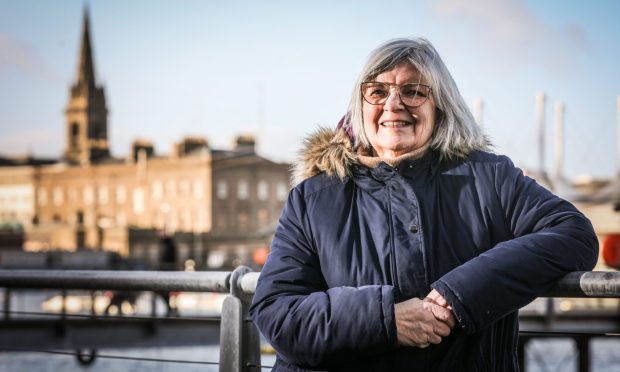

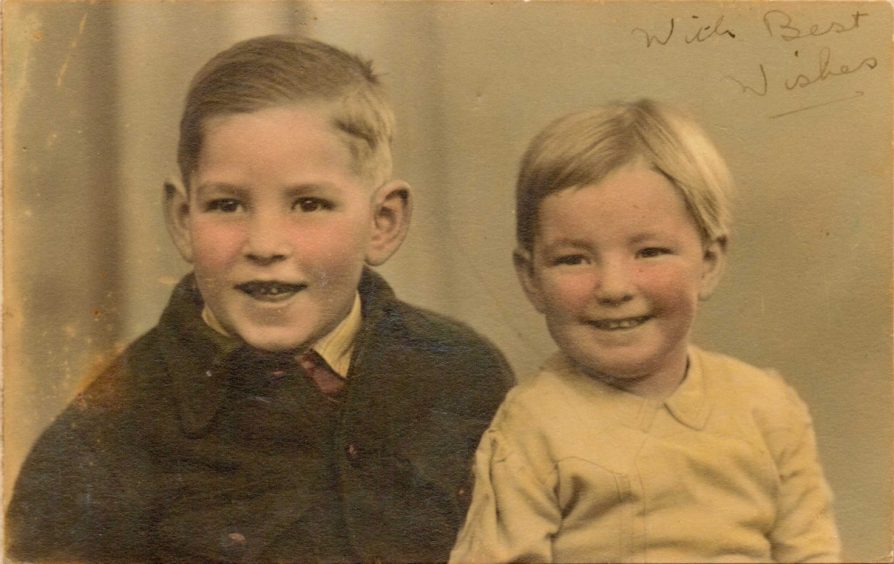
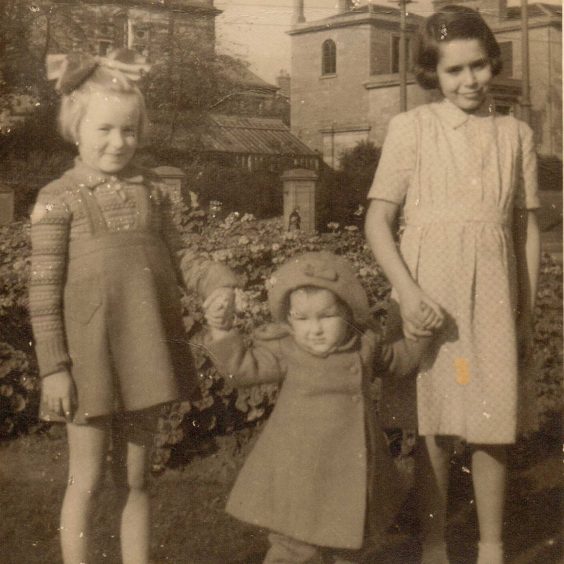
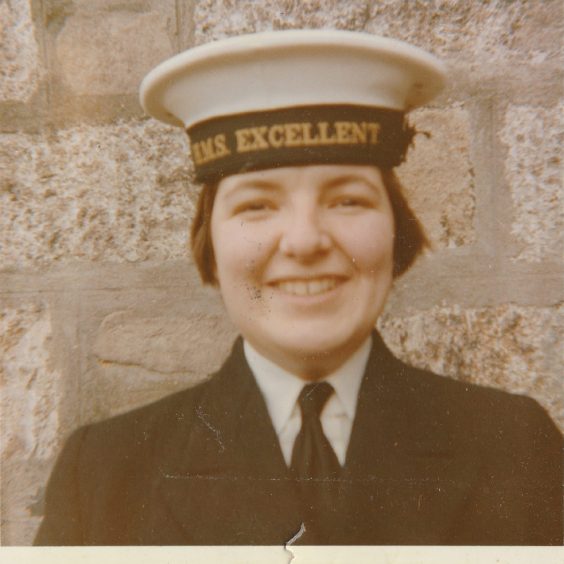
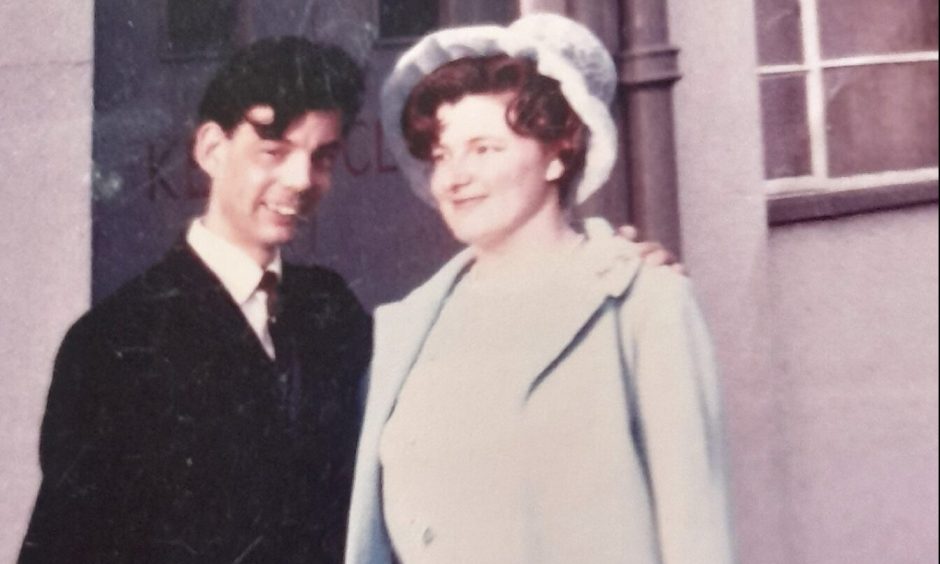
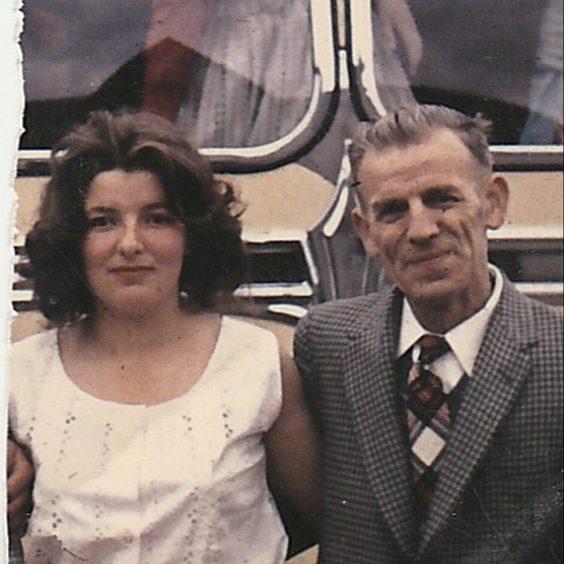
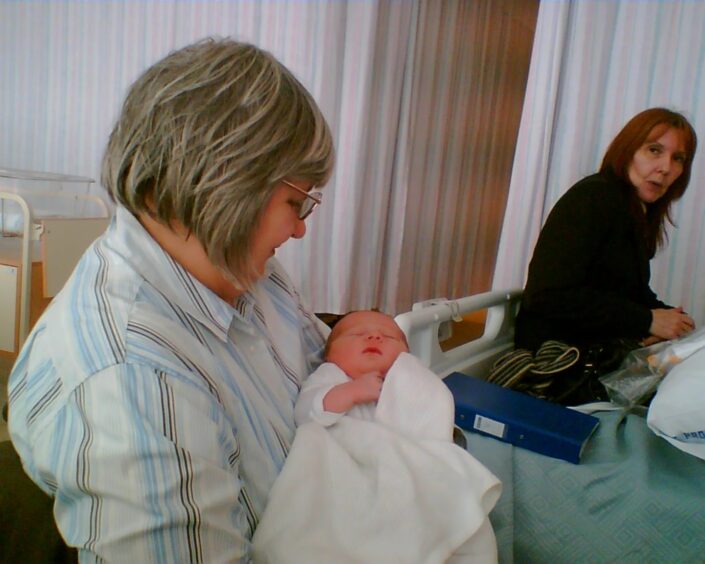
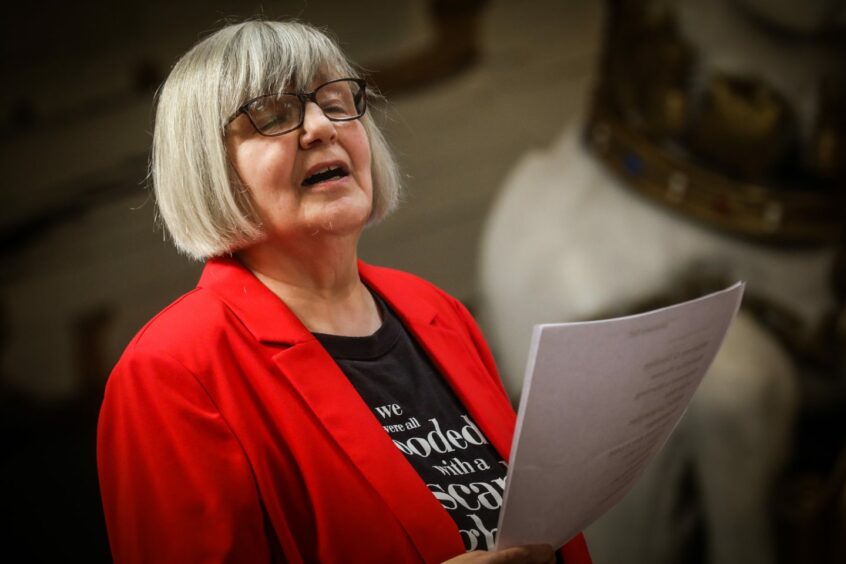
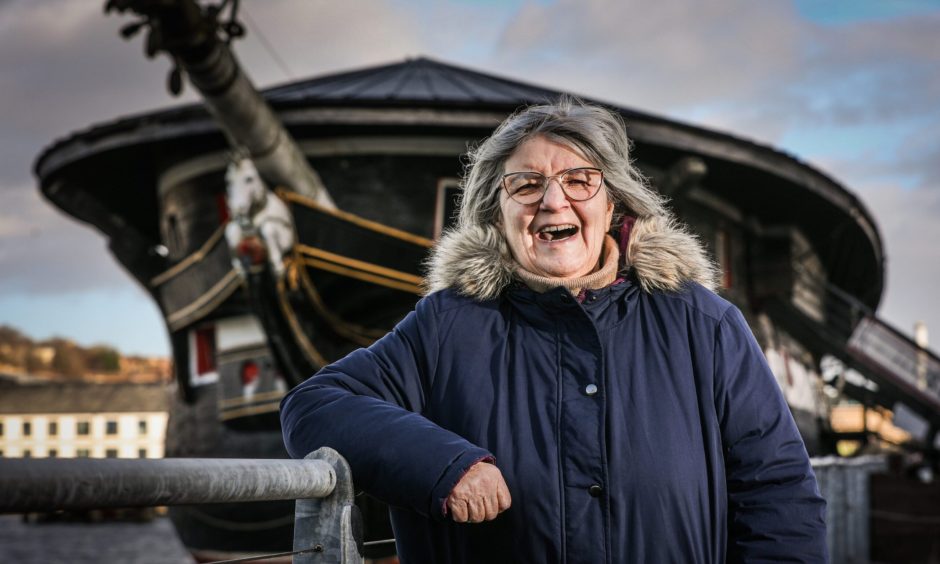
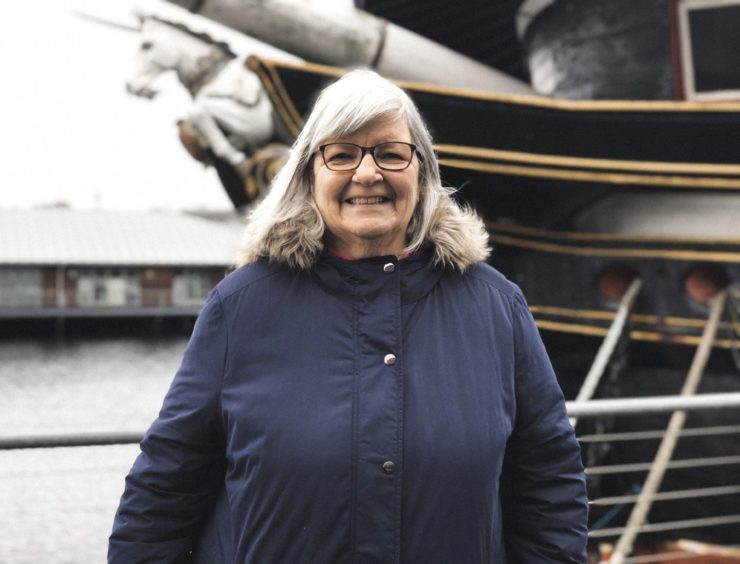
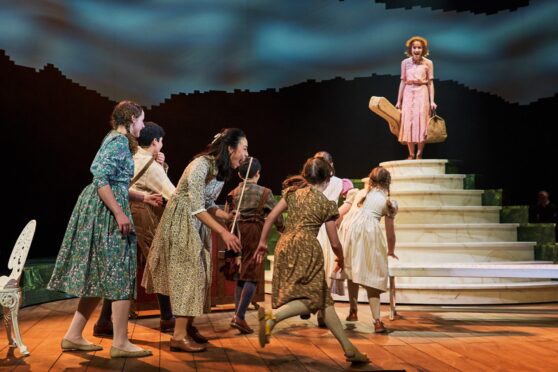
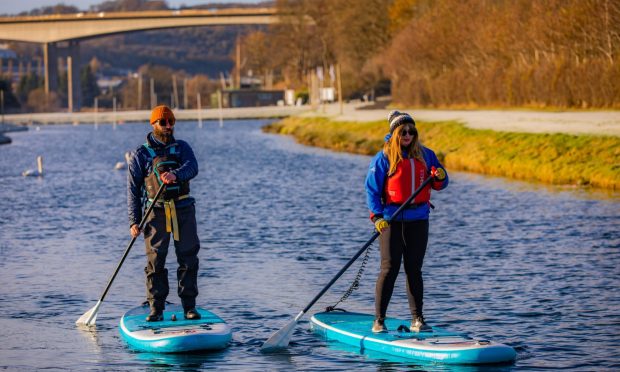



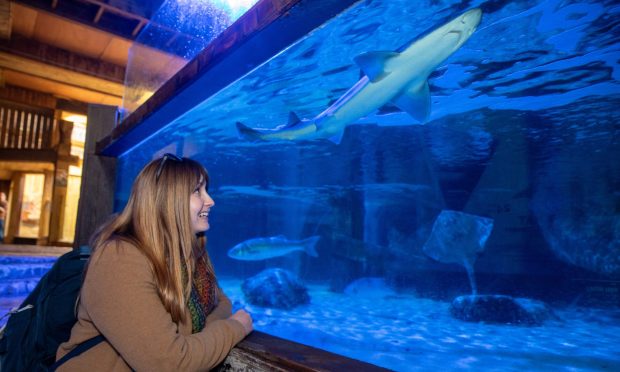



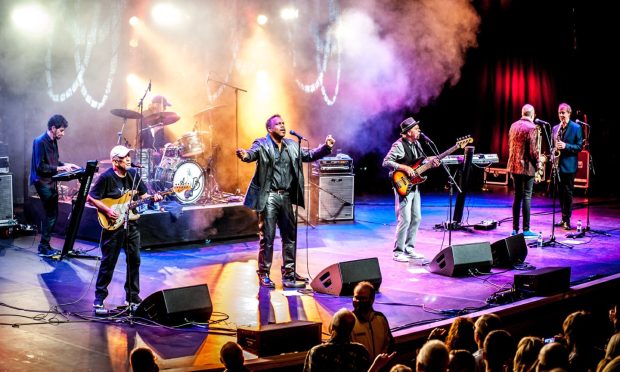
Conversation